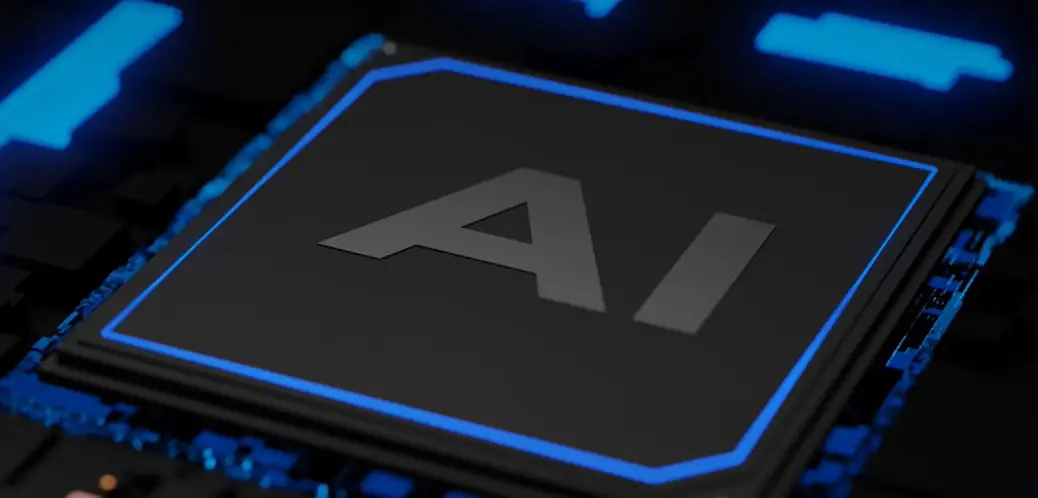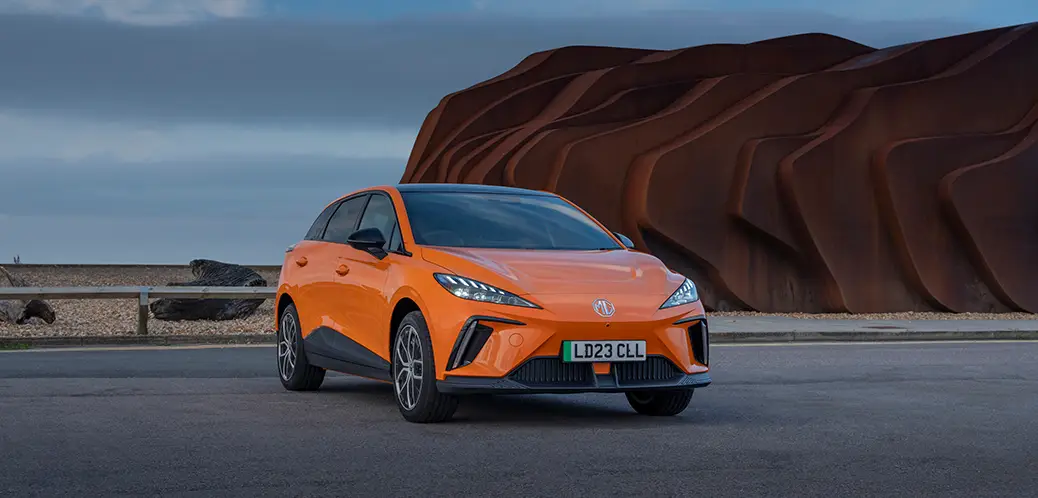rFpro will partner with London’s Smart Mobility Living Lab to deploy an enhanced digital twin of its test network, allowing more advanced simulation of real-world testing
UK-based driving simulation company, rFpro, has partnered with London’s Smart Mobility Living Lab (SMLL) with the aim of developing an advanced digital twin of its urban testbed for Connected and Autonomous Vehicles (CAVs). The new digital twin will capture all the elements of the test environment with unprecedented realism and enable vehicle manufacturers and technology suppliers to accelerate the development of CAVs.
An accurate digital twin allows simulated tests to be carried out that correlate with real-world experiments, greatly increasing the rate at which testing is possible, and enabling customers to prepare more fully and effectively in advance of physical testing. Tests in the real-world environment can be used to validate the simulated tests, ensuring they are highly accurate and reliable.
“Digital twins help vehicle manufacturers to significantly accelerate the development of CAVs, saving time and cost, because virtual testing is so much more productive than physical testing,” explains Matt Daley, rFpro’s Managing Director. “Testing in a virtual environment is the only cost-effective way to introduce self-learning systems to the limitless number of scenarios that can occur in the real world. Most AI systems learn by experience, but training using only real-road data is too slow.”
The SMLL’s existing digital twin has already introduced a number of users to the benefits of CAV simulation. rFpro’s advanced digital twin will extend these benefits by significantly improving the fidelity of the simulated environment. These enhanced features will include a vehicle dynamics grade road surface, accurate material definitions and the highest accuracy virtual sensor models.
The routes within SMLL provide a comprehensive set of features representing most real-world urban situations typical in London and the UK, including complex intersections, roundabouts, bus lanes and other shared mobility spaces for numerous vehicle types and road users. TRL’s heritage in safety, risk assessment and regulation within the mobility sector enabled the SMLL to select these features based on their suitability for CAV manufacturers and tier 1 suppliers to test and verify their systems as fully capable for UK urban operation.
The SMLL, part of a wider network of facilities within the UK called CAM testbed UK, is unique among facility providers in that, with support from Cisco, it has one of the most advanced real-time, real-world monitoring systems in the public domain. Data collected at the roadside locations can be used to enrich the accuracy of the simulation by feeding in real-world scenarios and local traffic behaviours and also validated by supporting physical testing at the same locations.
TRL’s experience with simulating scenarios using detailed real-world incident data enables the SMLL to support the full testing cycle from safety case development through to real-world validation of vehicle behaviour. This includes not only the vehicle’s reaction to the physical road layout and surface but also the scenarios generated from interactions with pedestrians, buses, cyclists and other traffic.
“Simulation is a critical part of the vehicle development process and is key to getting CAVs on to our roads safely,” said Richard Cuerden, TRL Academy Director. “The SMLL is already the world’s most advanced urban test facility for CAVs but we believe the addition of rFpro’s advanced digital twin will offer significant additional value to our customers.”
rFpro has an ever-growing library of more than 100 locations of highly accurate digital twins from around the world. It includes public road routes, proving grounds, test facilities and race tracks.
Get in touch
Drop us a line and we’ll send you our credentials pack.




